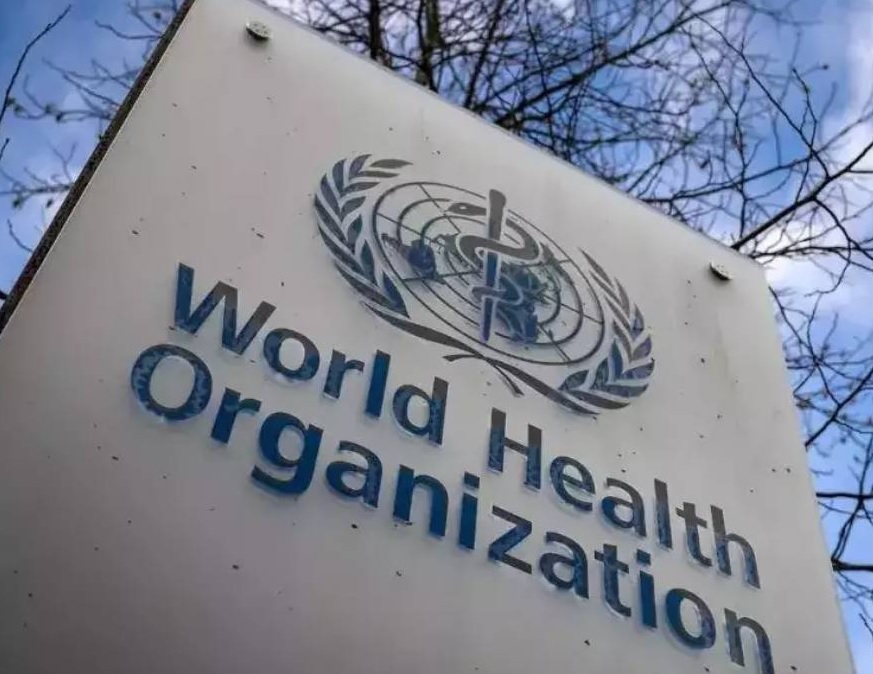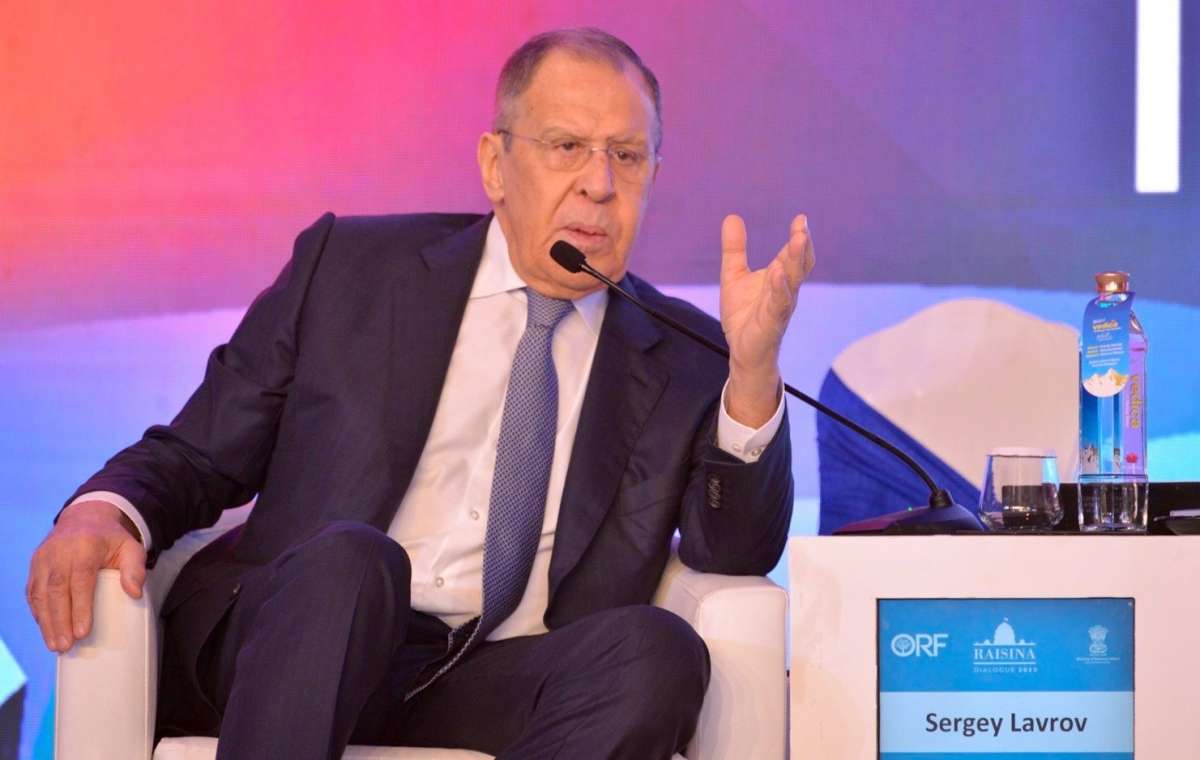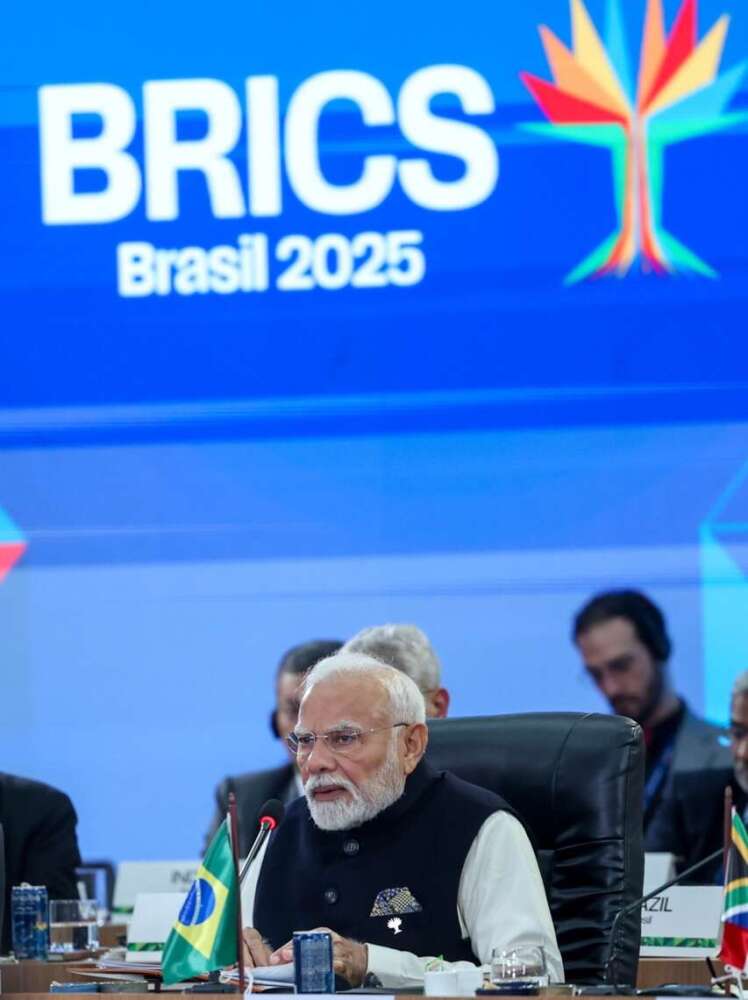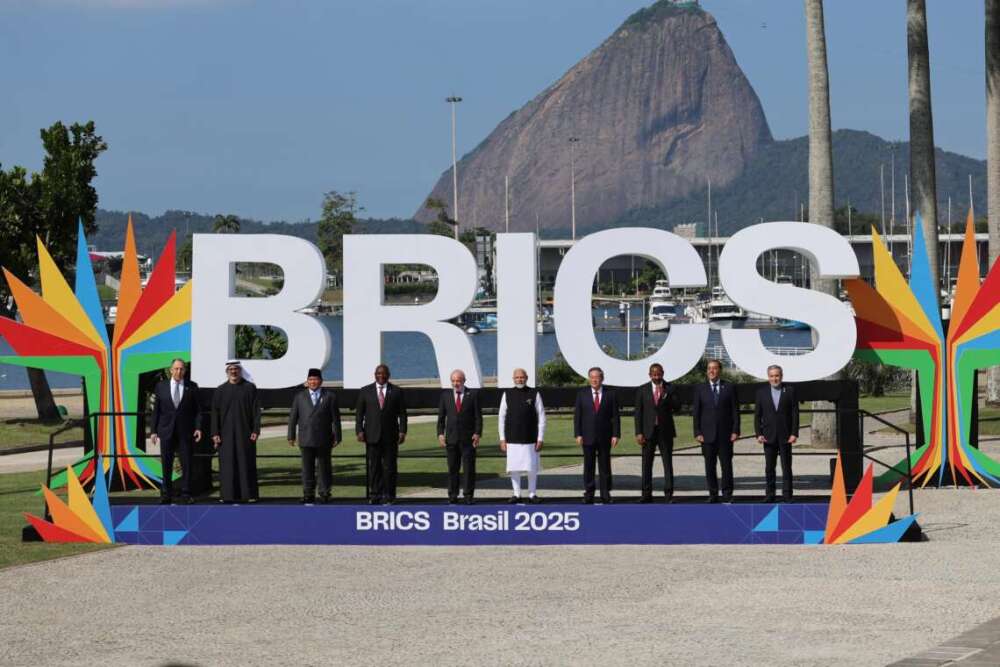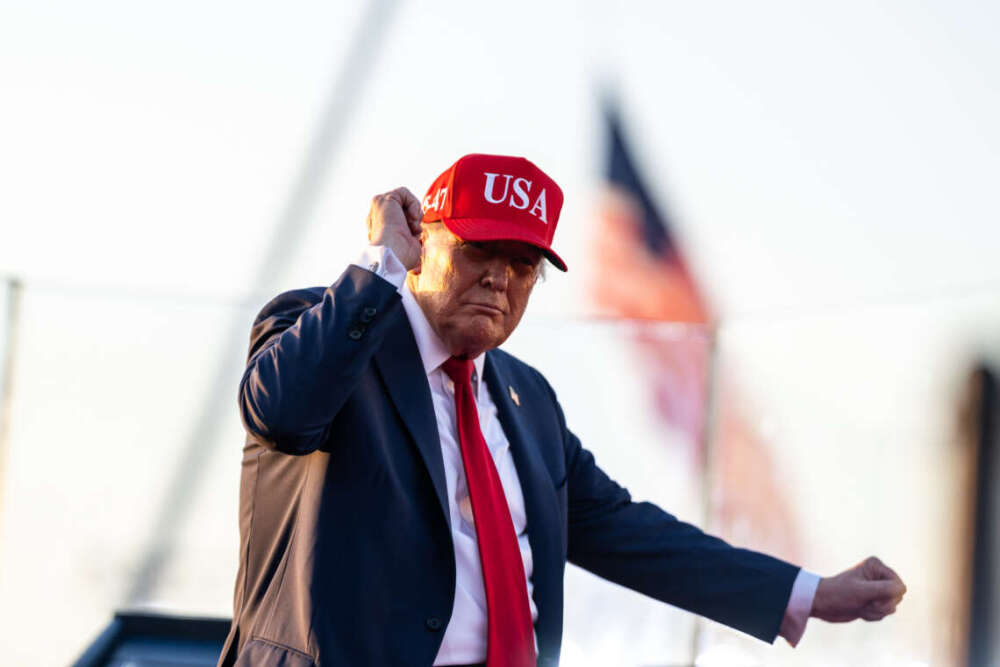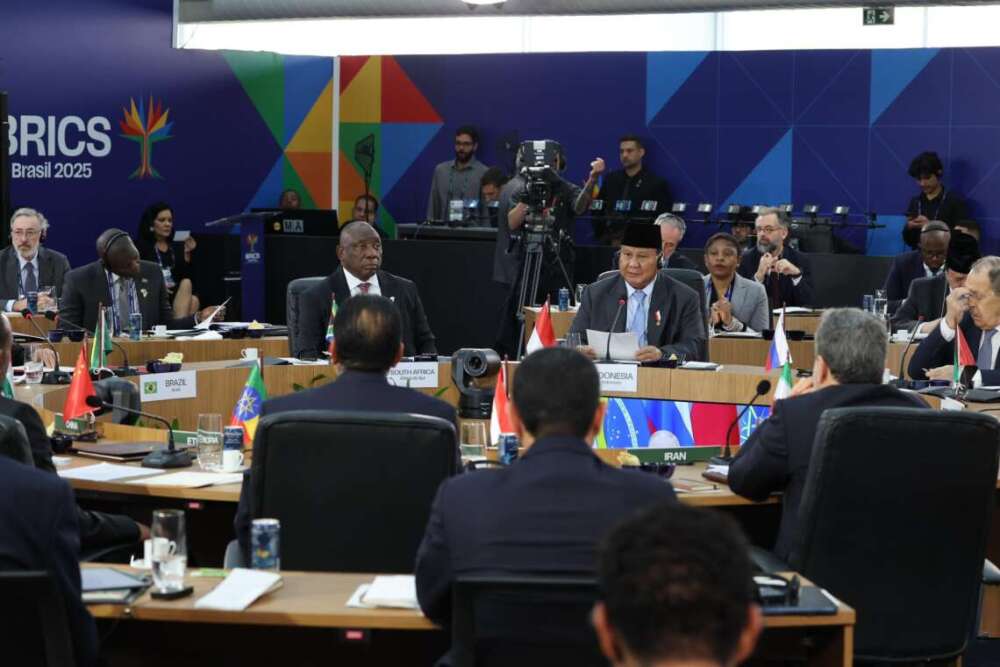In generative AI, algorithms trained on data sets can be used to produce new content….reports Asian Lite News
Generative artificial intelligence could transform healthcare through things like drug development and quicker diagnoses, but the World Health Organization warned Thursday of the potential pitfalls in rushing to embrace AI.
The WHO has been examining the likely dangers and benefits posed by AI large multi-modal models (LMMs), which are relatively new and are quickly being adopted in health.
In generative AI, algorithms trained on data sets can be used to produce new content.
LMMs are a type of generative AI which can use multiple types of data input, including text, images and video, and generate outputs that are not limited to the type of data fed into the algorithm.
“Some say this mimics human thinking and behaviour, and the way it engages in interactive problem-solving,” WHO digital health and innovation director Alain Labrique told a press conference.
The WHO said LMMs were predicted to have wide use and application in health care, scientific research, public health and drug development.
The UN health agency outlined five broad areas where the technology could be applied.
These are: diagnosis, such as responding to patients’ written queries; scientific research and drug development; medical and nursing education; clerical tasks; and patient-guided use, such as investigating symptoms.
While this holds potential, WHO warned there were documented risks that LMMs could produce false, inaccurate, biased or incomplete outcomes.
They might also be trained on poor quality data, or data containing biases relating to race, ethnicity, ancestry, sex, gender identity or age.
“As LMMs gain broader use in health care and medicine, errors, misuse and ultimately harm to individuals are inevitable,” the WHO cautioned.
They could lead to “automation bias”, where users blindly rely on the algorithm — even if they have good grounds to disagree.
On Thursday the WHO issued recommendations on the ethics and governance of LMMs, to help governments, tech firms and healthcare providers take advantage of the technology safely.
The WHO said it did not want to wait for roll-out in healthcare settings to discover the flaws and then try to fix them afterwards.
“Generative AI technologies have the potential to improve health care but only if those who develop, regulate and use these technologies identify and fully account for the associated risks,” said WHO chief scientist Jeremy Farrar.
“We need transparent information and policies to manage the design, development and use of LMMs.”
The WHO said liability rules were needed to “ensure that users harmed by an LMM are adequately compensated or have other forms of redress”.



